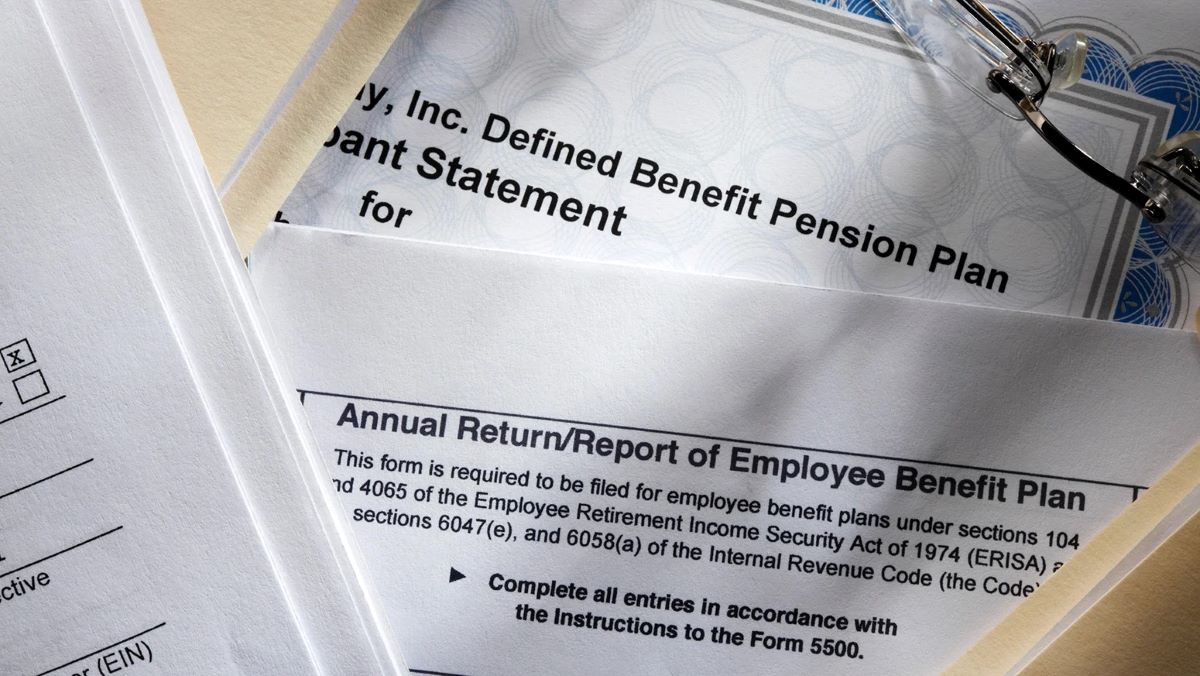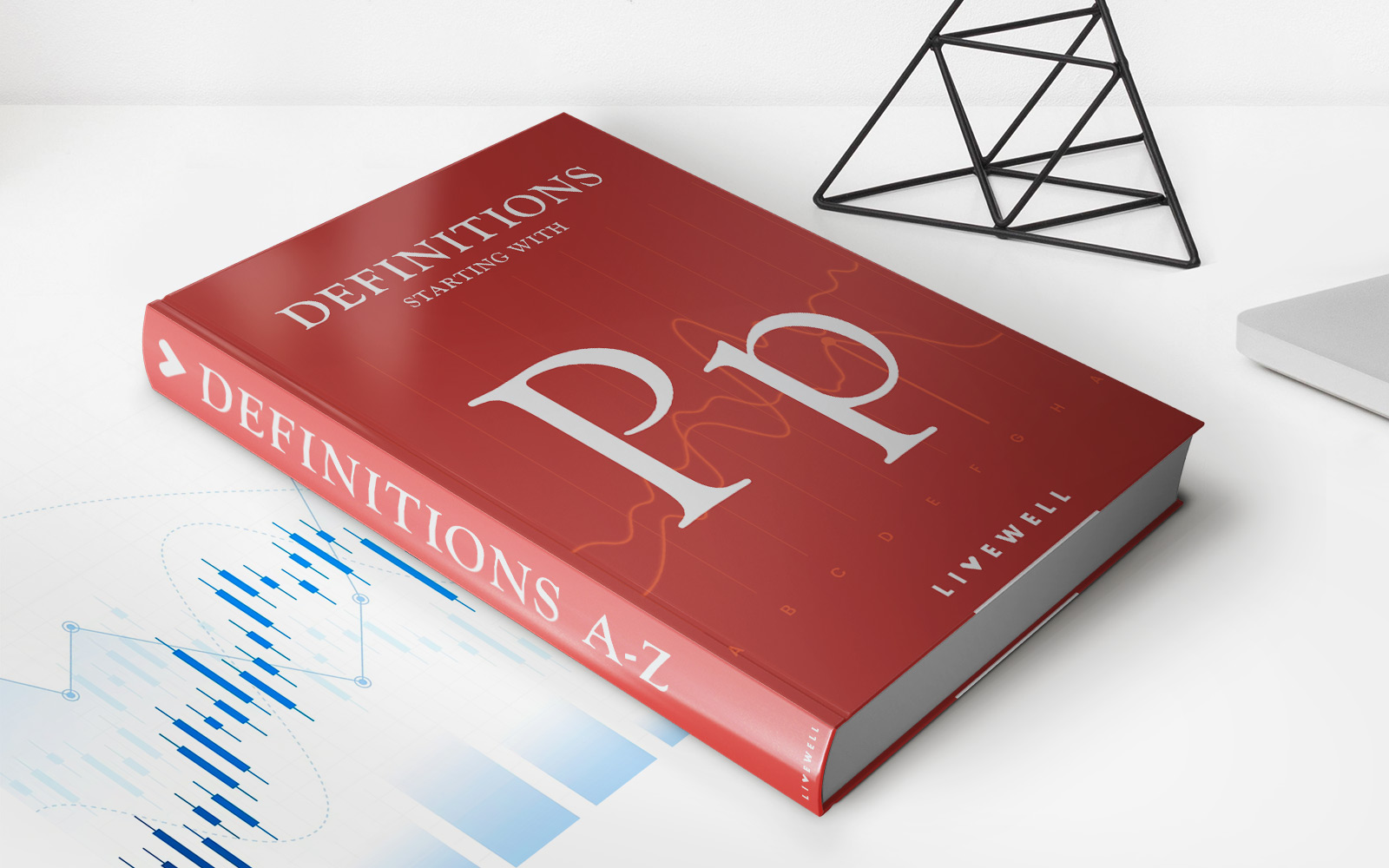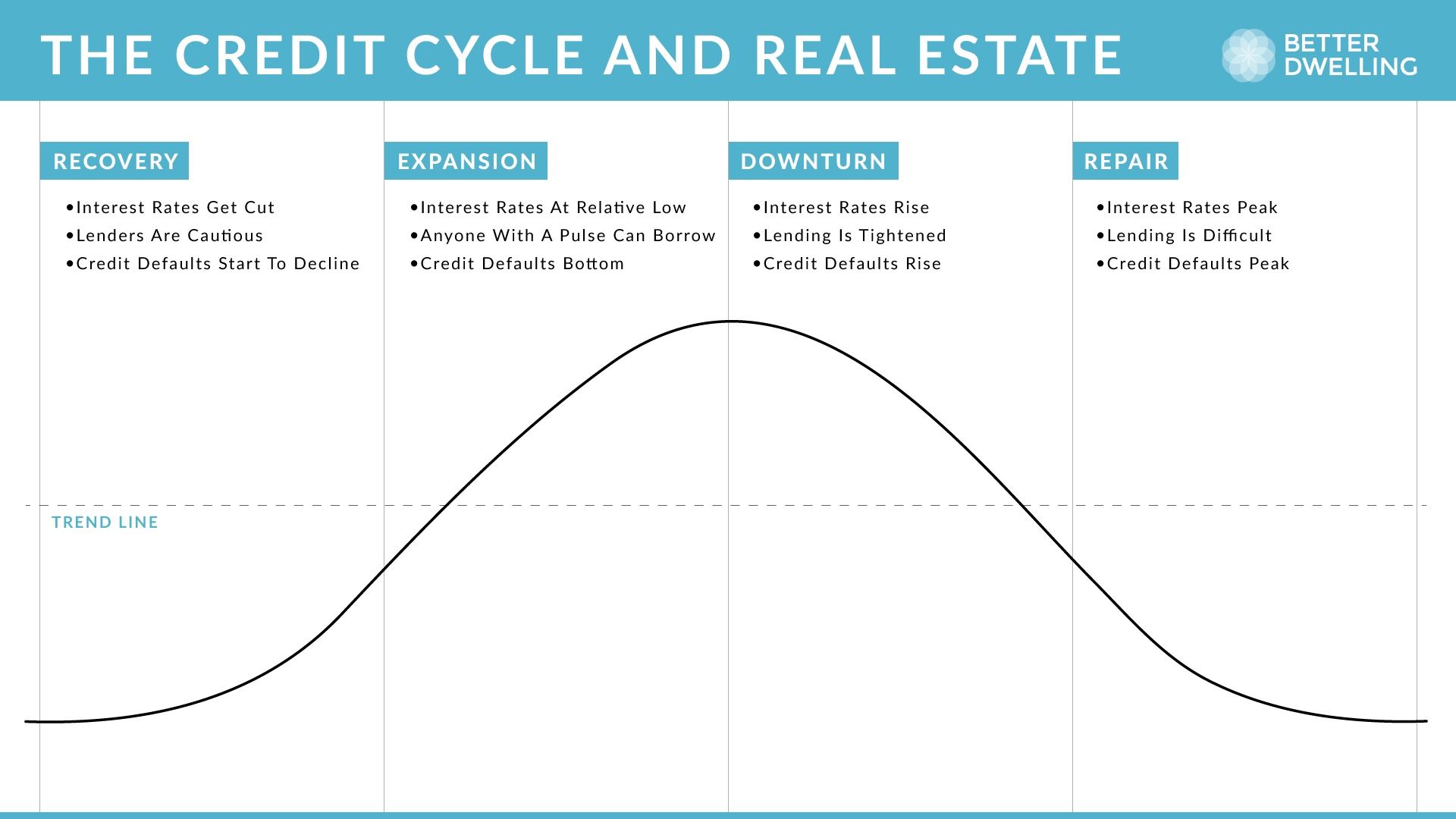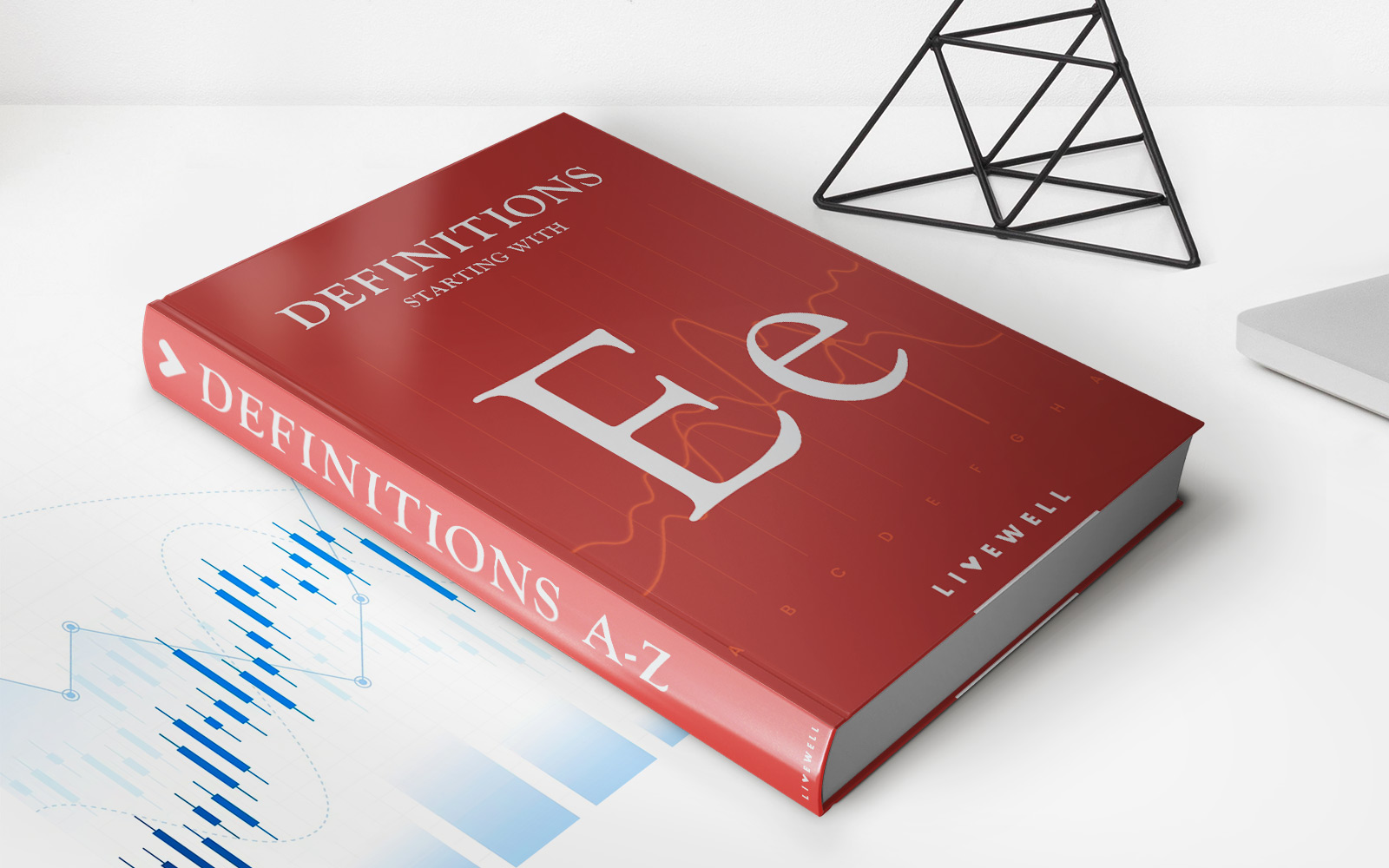

Finance
How Much Is State Pension In Ireland
Published: November 27, 2023
Find out how much state pension you can receive in Ireland and plan your finances accordingly. Explore the details of state pension payments and eligibility criteria.
(Many of the links in this article redirect to a specific reviewed product. Your purchase of these products through affiliate links helps to generate commission for LiveWell, at no extra cost. Learn more)
Table of Contents
Introduction
Welcome to our guide on the State Pension in Ireland. The State Pension is a vital source of income for retired individuals in Ireland, providing financial support and security in their later years. In this article, we will explore the eligibility criteria, calculation methods, rates, additional benefits, changes, and the application process for the State Pension.
Retirement is a milestone that should be celebrated, but it also requires careful financial planning. The State Pension is designed to provide a foundation for retirees to maintain a reasonable standard of living, supplementing any private pensions or savings they may have accumulated during their working years.
The State Pension in Ireland is provided by the Department of Employment Affairs and Social Protection. It is an important social welfare payment that ensures older individuals have a basic income to cover their living expenses, healthcare needs, and other essential costs in retirement.
Whether you’re approaching retirement age or just want to understand more about the State Pension system in Ireland, this guide will provide you with the information you need to navigate the process smoothly.
Let’s dive in and explore the eligibility criteria for the State Pension in Ireland.
Eligibility for State Pension in Ireland
To be eligible for the State Pension in Ireland, you must fulfill certain criteria set by the Department of Employment Affairs and Social Protection. The eligibility requirements vary depending on your age, contributions made, and other factors. Here’s an overview of the key criteria:
- You must be at least 66 years old to qualify for the State Pension. However, this age requirement is gradually increasing to 67 by 2021 and 68 by 2028.
- You must have made enough social insurance contributions throughout your working life. These contributions can be made through employment, self-employment, or credited contributions.
- The number of contributions required depends on your date of birth. For individuals born on or after January 1, 1953, a minimum of 520 full-rate social insurance contributions is typically required.
- If you do not have enough contributions to qualify for the full State Pension, you may be eligible for a reduced rate.
- Residency also plays a role in eligibility. You must have been living in Ireland for at least 10 years since you turned 66 or after you started paying social insurance contributions.
It’s important to note that even if you do not meet the criteria for the State Pension, you may still be eligible for other social welfare payments or benefits, such as means-tested payments or the Household Benefits Package.
Next, let’s delve into how the State Pension is calculated in Ireland.
Calculation of State Pension in Ireland
The State Pension in Ireland is calculated based on a system of contributions and averaging. The exact amount you receive will depend on various factors, including your average number of contributions and the number of years you have lived in Ireland after the age of 16. Here’s an explanation of how the State Pension is calculated:
- The first step in calculating your State Pension is determining your “Yearly Average.” This is calculated by dividing the total number of contributions you have made by the number of years between the day you entered social insurance and the end of the calendar year before you reach 66.
- The Yearly Average is then divided by the “Standard Yearly Average,” which is the number of contributions required for a full pension (currently 52).
- The resultant figure is your “Pension Adjustment Factor.” This factor determines the percentage of the full pension you will receive.
- For each year of social insurance contributions between your entry to social insurance and the end of the calendar year before you turn 66, you may be entitled to an “Additional Year.” This can increase your overall pension entitlement.
- The maximum number of Additional Years you can accrue is 20.
- Your Yearly Average after applying the Pension Adjustment Factor is multiplied by 2, creating your “Total Contributory Pension.” This is the maximum amount you can receive.
- For individuals who have not reached the maximum, a specified minimum payment is in place.
Calculating the State Pension can be complex, so it’s important to keep accurate records of your social insurance contributions and seek guidance from the Department of Employment Affairs and Social Protection if needed.
In the next section, we will discuss the current rates of the State Pension in Ireland.
State Pension Rates in Ireland
The State Pension rates in Ireland are determined annually and are subject to change. The rates are based on various factors, including your pension entitlement and marital status. Here are the current State Pension rates:
- Contributory State Pension: The maximum contributory State Pension for a single person is currently €248.30 per week. For a couple who are both eligible, the maximum combined payment is €375.20 per week.
- Non-Contributory State Pension: If you do not qualify for the full contributory pension, you may be eligible for the non-contributory State Pension. The current rate for a single person is €237 per week, and for a couple, the maximum combined payment is €355.20 per week.
- Additional Benefits: In addition to the basic State Pension, you may be entitled to additional benefits, such as the Fuel Allowance, Living Alone Increase, or the Free Travel Scheme.
These rates are subject to change, so it’s important to check with the Department of Employment Affairs and Social Protection for the most up-to-date information. It’s worth noting that the State Pension rates may be adjusted annually to keep up with changes in the cost of living.
Now that we have covered the State Pension rates, let’s explore some of the additional benefits and entitlements that retirees may be eligible for in Ireland.
Additional Benefits and Entitlements
Retirees in Ireland who receive the State Pension may also be eligible for additional benefits and entitlements. These benefits are designed to provide extra support and assistance to individuals during their retirement years. Here are some of the additional benefits and entitlements available:
- Fuel Allowance: This is a payment made to help with the cost of heating your home. It is available to individuals who are receiving certain social welfare payments, including the State Pension.
- Living Alone Increase: If you live alone, you may be entitled to an additional payment known as the Living Alone Increase. This is designed to provide extra assistance to cover the additional costs of living independently.
- Free Travel Scheme: As a State Pension recipient, you are entitled to free travel throughout Ireland on public transport services. This includes buses, trains, and certain ferry services.
- Medical Card: Depending on your income and individual circumstances, you may be eligible for a medical card. This provides access to free healthcare services and prescriptions.
- Household Benefits Package: The Household Benefits Package includes supports such as an electricity or gas allowance, Television License fee waiver, and a phone allowance. Retirees who receive the State Pension may be eligible for this package.
It’s essential to research and understand the specific criteria and application processes for each benefit. The Department of Employment Affairs and Social Protection can provide more information on these additional benefits and entitlements.
Now, let’s explore any recent changes or updates to the State Pension in Ireland.
Changes to State Pension in Ireland
The State Pension system in Ireland undergoes periodic changes to adapt to evolving needs and circumstances. It’s important to stay informed about any recent updates that may affect your eligibility or entitlements. Here are some notable changes to the State Pension in Ireland:
- State Pension Age Increase: The State Pension age is gradually increasing from 66 to 67 by 2021 and to 68 by 2028. This means that individuals born after certain dates will have to wait longer to qualify for the State Pension.
- Changes to Contribution Requirements: The social insurance contribution requirements may change over time. It’s crucial to keep track of any updates to ensure you meet the necessary criteria for pension eligibility.
- Pension Reform Proposals: The government in Ireland has explored various pension reform proposals to address potential issues with the State Pension system. These proposals aim to ensure the sustainability of the pension system and provide adequate retirement income for future generations.
- Increased Awareness: The Department of Employment Affairs and Social Protection has made efforts to increase awareness and understanding of the State Pension system. This includes providing clear information, online resources, and guidance to help individuals navigate the process.
It’s essential to regularly check for updates on the State Pension system, as changes can have an impact on your retirement planning. Consulting with a financial advisor or contacting the Department of Employment Affairs and Social Protection directly can provide you with the most up-to-date information on any changes to the State Pension.
Now that we’ve covered the recent changes, let’s discuss how to apply for the State Pension in Ireland.
How to Apply for State Pension in Ireland
Applying for the State Pension in Ireland is a relatively straightforward process. To ensure a smooth application, follow these steps:
- Gather Required Documents: Before applying, gather the necessary documents, including proof of identity (e.g., passport or driving license), proof of address (e.g., utility bills), and details of your social insurance contributions.
- Submit Application: You can apply for the State Pension online, using the Department of Employment Affairs and Social Protection’s online portal. Alternatively, you can download the application form from their website and submit it via post or in person at your local Intreo Centre or Social Welfare Branch Office.
- Provide Supplementary Information: Along with your application, you may need to provide additional information or documentation to support your claim, such as proof of residency or marital status.
- Provide Bank Account Details: Ensure you provide accurate bank account details so that the State Pension can be deposited directly into your account. This will expedite the payment process.
- Receive Confirmation: After submitting your application, you will receive confirmation of receipt. The Department will review your application and assess your eligibility for the State Pension.
- Receive Notification: Once your application has been processed, you will receive a notification of the outcome. This will include details of the amount of State Pension you will receive and the payment start date.
If you have any questions or require assistance during the application process, reach out to the Department of Employment Affairs and Social Protection. They have dedicated staff who can provide guidance and support.
Now that you have an understanding of the application process, let’s address some frequently asked questions about the State Pension in Ireland.
Frequently Asked Questions (FAQs)
1. What is the earliest age at which I can receive the State Pension in Ireland?
The earliest age to receive the State Pension is 66. However, this age is gradually increasing to 67 by 2021 and 68 by 2028.
2. Do I need to have a certain number of social insurance contributions to qualify for the State Pension?
Yes, you must have made a minimum number of contributions to qualify for the State Pension. The exact number depends on your date of birth and the year you entered social insurance. It’s best to consult with the Department of Employment Affairs and Social Protection to determine your specific requirements.
3. Can I receive a State Pension if I have not lived in Ireland my whole life?
Yes, you can still be eligible for the State Pension if you have not lived in Ireland your whole life. However, you must have been living in Ireland for at least 10 years since you turned 66 or after you started paying social insurance contributions.
4. Can I work and receive the State Pension at the same time?
Yes, you can work and receive the State Pension at the same time. However, there may be certain limits on your income while receiving the State Pension. It’s advisable to check the specific rules and regulations with the Department of Employment Affairs and Social Protection.
5. What additional benefits can I receive along with the State Pension?
In addition to the State Pension, you may be eligible for additional benefits such as the Fuel Allowance, Living Alone Increase, Free Travel Scheme, Medical Card, and the Household Benefits Package. The specific eligibility criteria and application processes vary for each benefit.
6. What happens if my State Pension application is rejected?
If your State Pension application is rejected, you can appeal the decision. Contact the Department of Employment Affairs and Social Protection to understand the appeals process and provide any necessary additional information or documentation to support your claim.
7. Can I transfer my State Pension to another country if I decide to move abroad?
Yes, it is possible to transfer your State Pension to certain countries through social security agreements. These agreements ensure that you can continue receiving your State Pension even if you move abroad. Check with the Department of Employment Affairs and Social Protection for more information on the countries covered by these agreements.
Remember, these are general answers to frequently asked questions, and individual circumstances may vary. It is advisable to consult with the Department of Employment Affairs and Social Protection for personalized guidance and accurate information.
With that, we conclude our guide on the State Pension in Ireland. We hope this information has been helpful in understanding the eligibility criteria, calculation methods, rates, additional benefits, changes, and application process associated with the State Pension. Remember to stay informed and plan your retirement finances accordingly to ensure a comfortable retirement.
Conclusion
In conclusion, the State Pension in Ireland serves as a crucial source of financial support for retirees, providing them with a foundation for a comfortable and secure retirement. Understanding the eligibility criteria, calculation methods, rates, additional benefits, changes, and application process is essential to ensure you receive the State Pension you are entitled to.
By meeting the age requirements and making the necessary social insurance contributions, you can qualify for the State Pension. The calculation of the pension takes into account factors such as the average number of contributions and additional years, which directly impact the amount you receive.
It’s also important to be aware of the current State Pension rates and any additional benefits and entitlements that can provide further financial assistance. These benefits, such as the Fuel Allowance and the Free Travel Scheme, can significantly contribute to a comfortable retirement lifestyle.
Keep in mind that the State Pension system in Ireland undergoes changes periodically, including adjustments to the State Pension age and contribution requirements. Staying informed about these changes can help you plan for your retirement effectively.
When ready, you can apply for the State Pension by gathering the necessary documents and submitting your application online or through the appropriate channels. Remember to provide accurate information and seek any necessary supplementary documentation to support your claim.
If you have any specific questions about your State Pension eligibility or application, it is recommended to contact the Department of Employment Affairs and Social Protection for personalized guidance and assistance.
As you navigate the State Pension system in Ireland, remember that retirement should be a time of security and enjoyment. By understanding the State Pension process and planning your finances accordingly, you can embark on your retirement journey with peace of mind and the financial stability you deserve.














